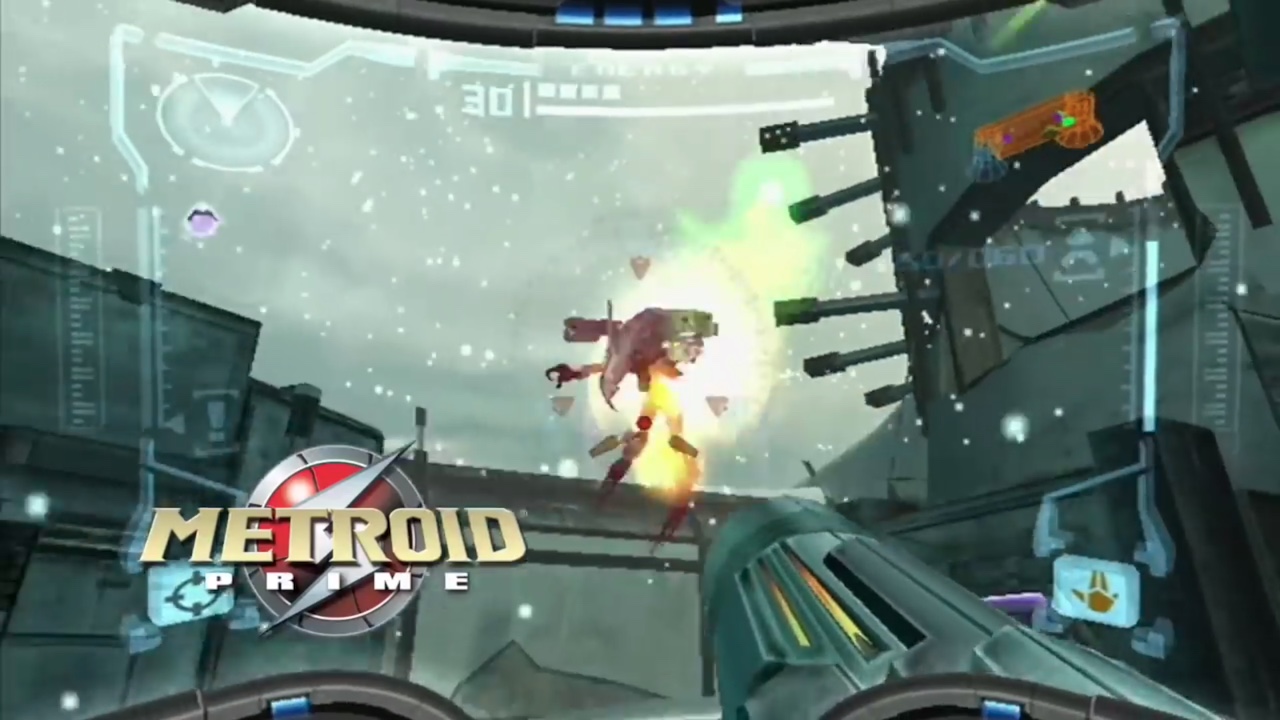Former Retro Studios member Zoid Kirsch has been looking back on his memories from the development of Metroid Prime and is sharing a number of stories on social media. One of the stories that is drawing a lot of attention is about the time they had to put a GameCube dev kit in a freezer.
Metroid Prime is a first-person action-adventure game for the Nintendo GameCube that was first released in North America in 2002. It was developed by Retro Studios, now a subsidiary of Nintendo, and Kirsch worked on the title as a senior engineer. For the freezer story mentioned above, Kirsch enlisted help from his friend and coworker at the time, technical lead engineer Jack Mathews, to tweet about it in detail.
According to Mathews, shortly after they had released Metroid Prime, Nintendo told them that they had shipped a number of GameCube consoles that were equipped with a “bad batch” of CPUs. Apparently, Metroid Prime was the only game that had issues on these CPUs.
Generally speaking, for goods that are manufactured with semi-conductor devices, there will be a number that do not meet the specified performance depending on the manufacturing yield rate. We don’t know the exact details surrounding GameCube production at the time, but it seems that some of the consoles that were considered to be of acceptable quality actually had CPUs that slightly underperformed. Metroid Prime appears to be the only game that encountered negative effects while running on this CPU.
When the team looked at videos of the problem, they saw that all animated objects in the game were freaking out and moving in unintentional ways. The problem was occurring because some of the game’s code was actually running too fast for these underperforming CPUs to handle. In order to fix it, they needed to adjust the code and slow it down for these CPUs. However, this was not a simple task: if they slowed it down too much, it would have a negative effect on the game’s framerate, but if they didn’t slow it down enough, it would glitch. This meant that Retro Studios had to test it over and over.
To make matters worse, Nintendo only had one dev kit with the CPU in question, and for some reason the problem could only be replicated when this dev kit was cold—freezer cold. So Mathews and the team literally put the dev kit into the break room freezer, and after it was cooled, ran it to the TV where they could test it for around 15 minutes before they had to cool it again. The team was frantically loading save games as fast as possible to test as many places as they could, then trying new code, and doing it all over again. Mathews said that it was an experience that he’ll never forget.
In the end, they were able to solve the problem, but back then, games were not able to be fixed via online patches like they are today. So what actually happened was that whenever someone contacted support about the problem, Nintendo would send them a new game disc that included the updated code.
Metroid Prime will soon celebrate the 20th anniversary of its North American release on November 18, and Kirsch is sharing various dev stories in the lead up to the day as a way to commemorate it. He has revealed a number of other interesting anecdotes in addition to the freezer story, including the fact that doors sometimes open slowly because the game is making the player wait as it loads the next room, the reason why Metroid Prime save files could be so small, and the technical reasons behind placing elevators between worlds. Fans of the game or anyone interested in its development should definitely take a look at Kirsch’s tweets to learn more.
Written by. Marco Farinaccia based on the original Japanese article (original article’s publication date: 2022-11-11 15:17 JST)





